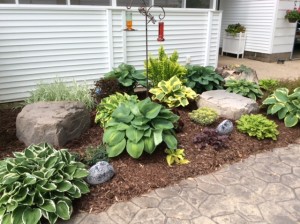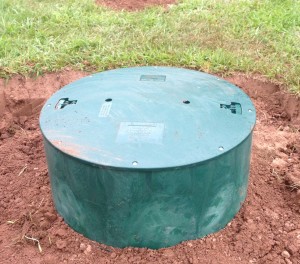Perhaps you’ve seen the influx of information out there about fabric softeners and their toxicity. Have you stopped to wonder if they are also dangerous for your septic system? Here’s something to consider: the chemicals used in these household products can kill the beneficial bacteria in your septic tank. Not sure if you can live without the extra softness in your clothing and towels? Try using half a cup of white vinegar (grain-derived, not petroleum-derived) per load during the rinse cycle. This acts as a natural fabric softener.
And remember there are ways to jump-start that beneficial bacteria in your system! Just ask us which bacterial additive we recommend and how you can get a free sample!



